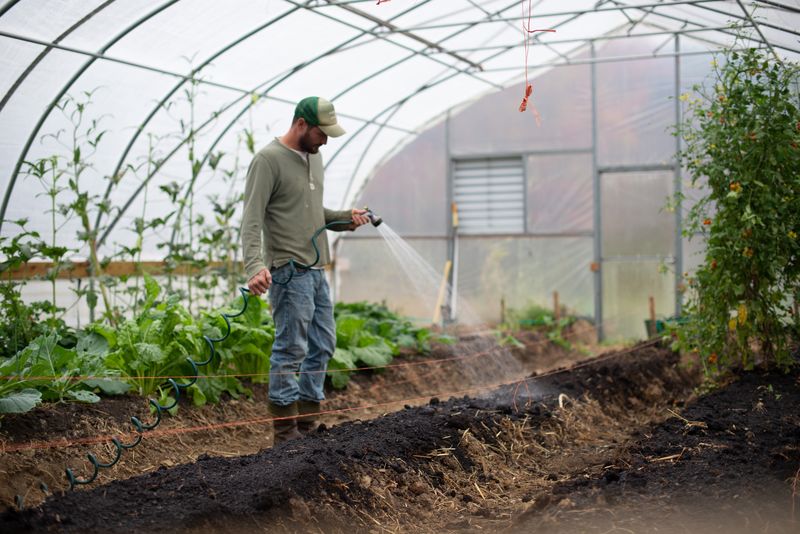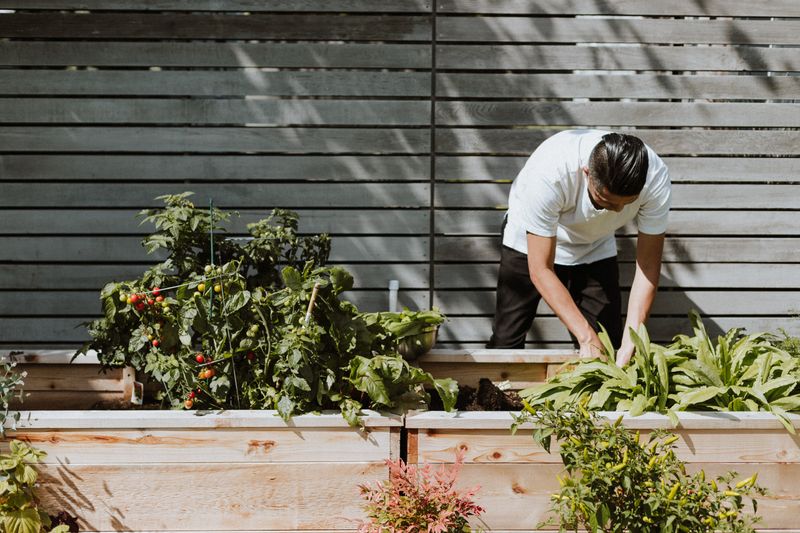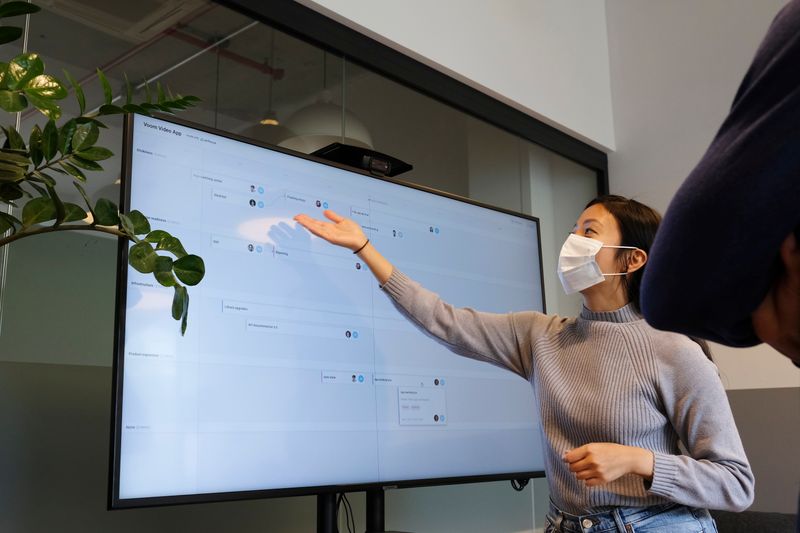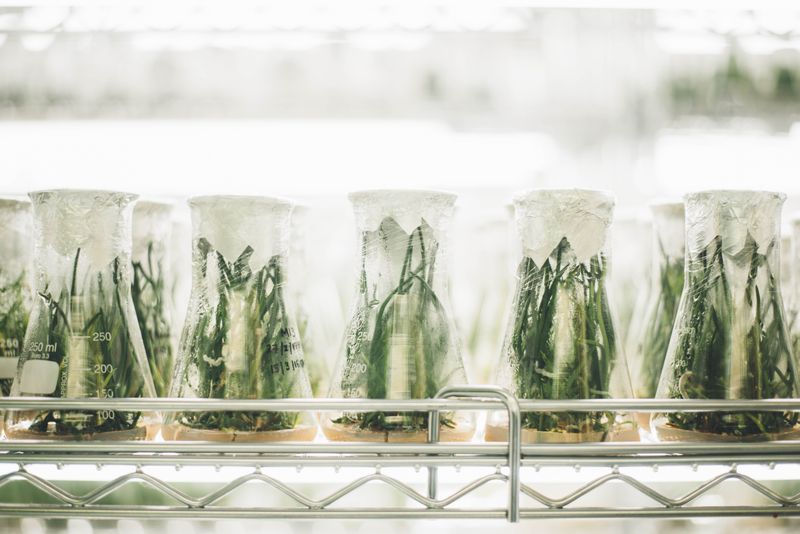A horticulturist inspects plants, crops, and gardens, identifies any issues about watering, fertilizing, soil, or pest control, and improves the aesthetic or productive nature of the landscape.
You love learning about plants and experimenting with soil and seeds, and horticulture seems to be a great path for you. You decided to become a horticulturist and now you want to know how to become one.
Take a few minutes and learn about the education, skills, and the possible careers of a horticulturist.
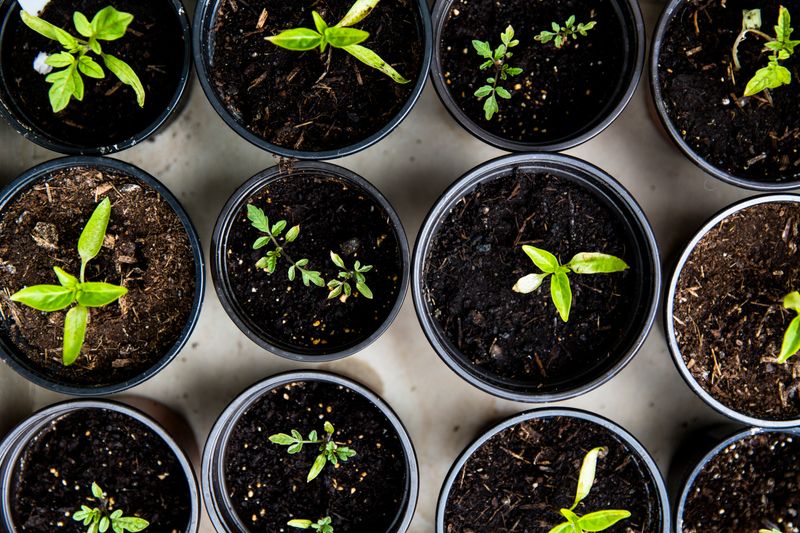 Photo by Markus Spiske on Unsplash
Photo by Markus Spiske on UnsplashWhat education do I need to be a horticulturist?

In high school, make sure to take mathematics, chemistry, and biology classes.
It's possible to start a career with an associate degree but consider a bachelor's degree to increase your chances of getting hired.
Choose an undergraduate program in horticulture, biology, botany, or a related field.
A master's of science in horticulture is a great option for gaining more scientific expertise but it will also add necessary skills for careers in production, management, or marketing.
What type of skills do I need to have?
Beyond technical skills, you'll need important soft skills in this line of work.
 Hard skills
Hard skills
Botany
Biology
Chemistry
Computer skills
Plant science and data analysis are necessary skills to become an expert in this field.
 Soft Skills
Soft Skills
Critical thinking
Communication
Interpersonal skills
These skills will help you collaborate with other professionals in the industry like researchers and scientists.
Quiz
What courses or program would help you gain the necessary skills and knowledge for the job? Select all that apply.
Do I need certifications?
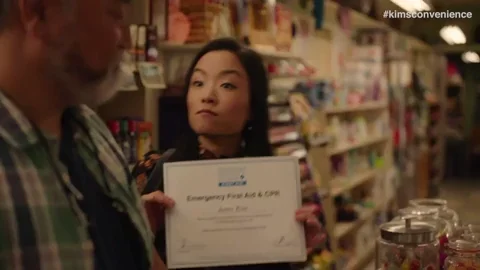
Certifications are not mandatory to start a career in the horticulture field, but some are necessary for specific careers or depending on your state.
In the US, you can obtain the Associate Professional Horticulturist (APH) certification with the American Society for Horticultural Science (ASHS).
You can obtain more certifications with the ASHS after you get more professional experience under your belt.

Check out the ASHS website Career Resources. You will find a career planning portal for resume help and coaching.
Advice from a Pro on How to Become an Horticulturist
I think the more experience you can get, whether it’s in a garden or travelling somewhere, whether they’re farms or vineyards or whatever they are, you have to get exposure. Having more exposure helps you really narrow the direction you’d like to take.
Sarah Hedean, Living Collection Manager at Smithsonian Gardens

As a child, Sarah and her family grew vegetables in their garden, and she developed a passion for public gardens.
She admits it takes hard work, a lot of training, and curiosity. Her biggest advice is to explore as many aspects of the industry as possible by working as an intern or volunteer in garden centers, nurseries, botanic gardens, etc.
What industries hire horticulturists?
There are so many different paths and careers possible in horticulture:
Garden center manager
Public garden landscaper
Wholesale buyer for chain stores
Marketing consultant for farms or magazines
Researcher
Teacher
Inspector in the produce industry
Landscape designer
Pest manager for regulatory agencies or private organizations
Take Action

Your feedback matters to us.
This Byte helped me better understand the topic.

